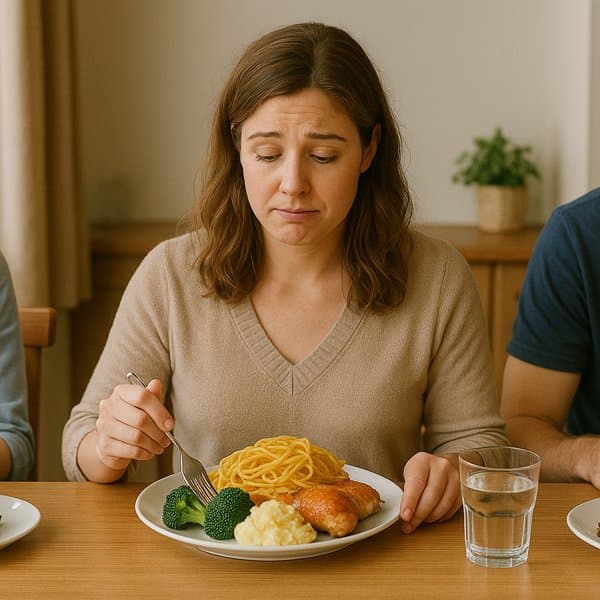Do you ever feel like you’re eating healthy but still not seeing results? Portion size might be the missing piece. Many of us unintentionally eat more than we need. This isn’t because we’re greedy, but because modern portions have grown, and our cues have become blurred.
This guide explores why portion control is so important, what affects our ability to recognise the right amount, and how you can learn to eat enough (but not too much) without feeling hungry or deprived.
This article also explains how weight loss medications like Mounjaro and Wegovy can help overcome difficulties with portion control. Use the links here for a free online eligibility assessment, or find out more about our medications.
